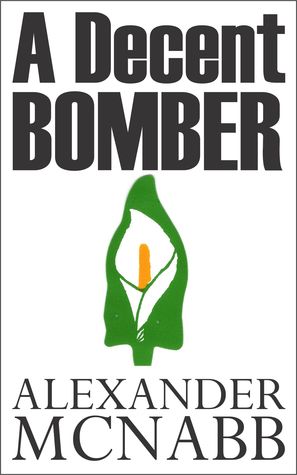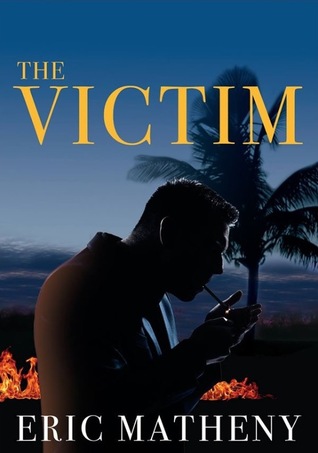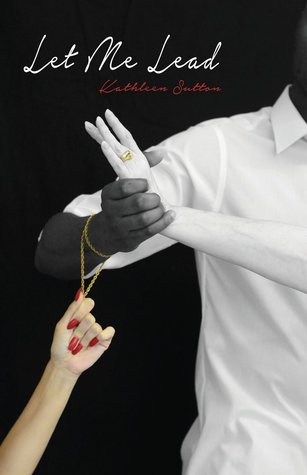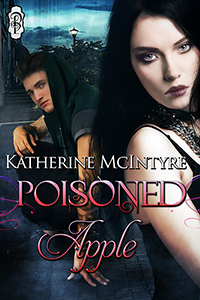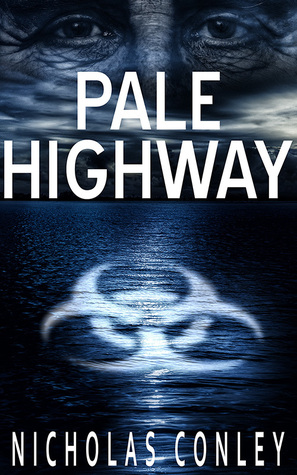 Gabriel Schist is spending his remaining years at Bright New Day, a nursing home. He once won the Nobel Prize for inventing a vaccine for AIDS. But now, he has Alzheimer’s, and his mind is slowly slipping away.
Gabriel Schist is spending his remaining years at Bright New Day, a nursing home. He once won the Nobel Prize for inventing a vaccine for AIDS. But now, he has Alzheimer’s, and his mind is slowly slipping away.When one of the residents comes down with a horrific virus, Gabriel realizes that he is the only one who can find a cure. Encouraged by Victor, an odd stranger, he convinces the administrator to allow him to study the virus. Soon, reality begins to shift, and Gabriel’s hallucinations interfere with his work.
As the death count mounts, Gabriel is in a race against the clock and his own mind. Can he find a cure before his brain deteriorates past the point of no return?
*May Contain Spoilers*
Nicholas Conley creates a different world in his novel, Pale Highway. A world where AIDS has been cured by a brilliant doctor. Sadly, this doctor is now suffering from Alzheimer's and his life as a scientist seems to be over. Then the Black Virus appears, a virus that imitates other diseases. The genius Gabriel Schist is the only one that can cure it, but he must do so within the confines of Bright New Day nursing home.
Gabriel Schist is a man demonized by his memories and the struggle to remember them. He's always been a loner, an imitator, a man amazed by the immune system. Gabriel has never fit in and therefore turned to alcohol at a young age in order to blend in with the crowd. He cursed his intelligence after he was deemed a crackpot by the scientific community. Readers will feel empathetic toward Gabriel as they witness his flashbacks and see how many obstacles he overcame. They'll connect with him sympathetically through his loss-of-love story. Alzheimer's is such a debilitating disease, readers will undoubtedly feel for Gabriel through his steady decline.
The plot of Pale Highway is an emotionally charged delusion. I have a two theories as to what the book is actually depicting. The first is that the novel does actually take place in a parallel universe in which a scientist did in fact cure AIDS. Once Gabriel Schist begins suffering from Alzheimer's, as his friends in the nursing home die one by one, he believes that some disease is terrorizing them and therefore convinces himself that he can cure them. The administration goes along with it in order to keep him calm. He creates a world where an alien race of slugs and the grim reaper is helping him try to save humanity.
The second theory is that there is no Black Virus, there is no AIDS cure, there is no Nobel Prize winning Dr. Gabriel Schist. There is only Gabriel Schist, recovered alcoholic and Alzheimer's patient who has lost his memory to complete delusion. If the first theory is correct, then the depiction of the world outside his mind is the only truth that readers can depend on. Other characters do acknowledge that Schist created the AIDS vaccine and 'help' him with his study of the Black Virus. If the second theory is correct then the entire book is a dream in which Gabriel Schist struggles to forgive himself for the mistakes he made throughout his life. Both of the theories work as long as readers accept that Gabriel is the character calling all of the shots. If readers believe that other characters in fact say and do what the narrator describes, then the novel has to take place in another universe. Regardless of which theory readers go with, Pale Highway is an imaginative book that explores Alzheimer's from the patient's point of view. Of course, there is always the third theory in which everything the book depicts is true. Though, in that case, I'd label Pale Highway as an emotionally charged science fiction novel.
Rating: 3/5 Cups




